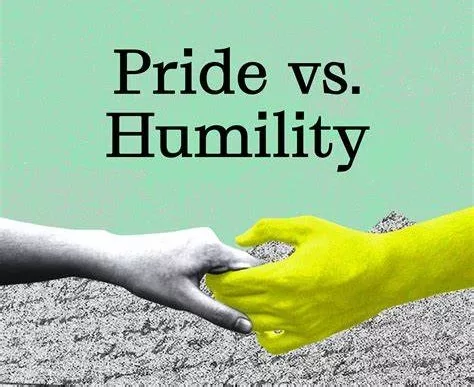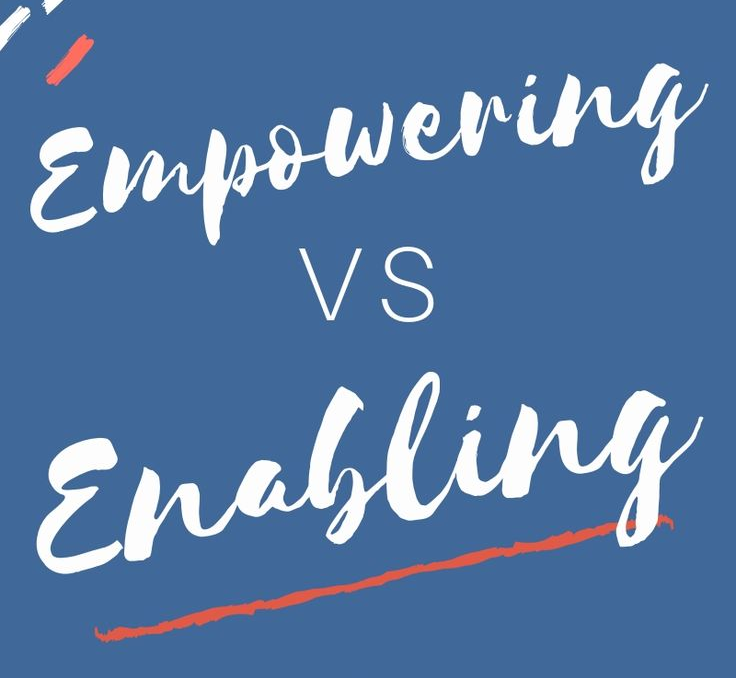Pride versus Humility
In addiction recovery, pride and humility play pivotal roles, with pride often hindering progress while humility fosters growth. Recognizing the detrimental effects of pride, individuals can take steps to cultivate humility. This involves self-management strategies, family support, and community resources that foster introspection, understanding, and connection. By embracing humility, individuals can navigate recovery with resilience … Read more









